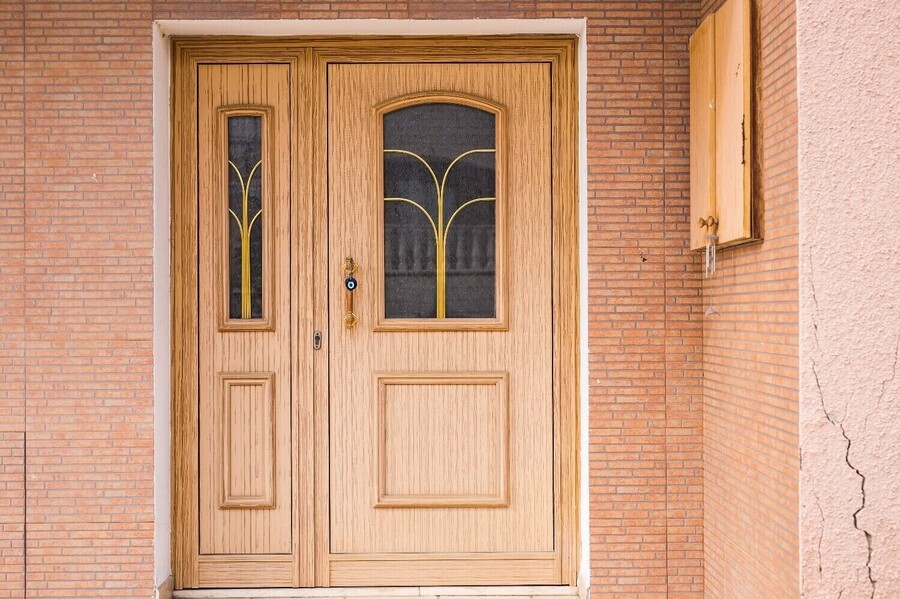Drug and alcohol recovery is hard work.
No major life change is easy; this is especially true for recovery. Successful recovery often means finding new friends, avoiding old hangouts, and getting through often challenging drug & alcohol recovery programs.
Given all that effort, it’s not surprising the thought of relapse looms large in the minds of people who are living in recovery. Fortunately, there’s a great, proven defense against relapses: sober living. It’s true: according to the National Institute on Drug Addiction (NIDA), longer stays in sober environments are associated with lower relapse rates.
Like everything else in recovery, sober living itself is something to be maintained – it’s not a “set it and forget it” kind of deal. Fortunately, there’s some strategies anyone can employ to keep their sober living solution working for them.

Here’s six:
Stick To A Schedule: First, you need a plan. If you’ve already been through rehab, congratulations – you probably already have one. All the stuff you did in drug & alcohol treatment – group therapy, sessions with a therapist, mealtimes – were all a part of a comprehensive schedule aimed at helping you build a new life.
Those rules might’ve seemed like a little extra, but they didn’t just help you show up on time. By giving you a structure, you were able to keep busy, avoid distractions, and keep yourself focused on what mattered. Regular meals, set bedtimes, and getting up on time in the mornings keeps you healthy and functioning.
Clean, Clean, Clean: Apart from just basic hygiene, keeping your living spaces clean and neat has genuine health benefits. A study conducted by Indiana University discovered links between healthy lifestyles and clean houses.
You’re probably all about keeping your surroundings clean after detox and rehab. It’s another side benefit of going through drug & alcohol rehab.
Start Working: Two pillars of a successful recovery are accountability and responsibility. Finding a job lets you exercise both while getting paid.
We’ll say it right up front – finding a job is often a massive challenge, especially if you have big gaps in your employment record. It’s possible, though, if you do a few things before you start looking for jobs:
- Think Digitally. Build profiles for yourself on jobhunting and networking sites like Indeed, ZipRecruiter, and LinkedIn. Get involved on the platforms, too – share your story. A lot of people out there have been through exactly what you’ve been through … and they might be hiring.
- Use Every Resource You Have: Does your rehab provider offer anything like interview coaching or tips on job hunting? Use ‘em. Plus, there’s tons of useful sites online with great tips about resume writing and job hunting.
- Humility’s Important, Too: Reentering the job market is tough for a variety of reasons. One of the biggest is finding jobs which might not be what you were looking for – think service industry or retail. Hard as it may be, don’t let that get you down. A paycheck is still a paycheck, and you can use some of that money towards building skills or attending classes to further your career.
One last thing: Make sure you celebrate that first paycheck (soberly!). It’s a genuine milestone, and it’s okay to take pride in it. Also remember this: a new job isn’t the rest of your life. Even menial jobs can come with promotions and other ways to advance.
Keep Your Money On Your Mind: One aspect of substance abuse which often gets ignored is that it’s a seriously expensive habit. Also, you’re probably a little short on funds while in rehab.
Relax – this is a challenge for everyone when it comes to money, sober or otherwise. Keeping a tighter grip on your finances isn’t just a way to seize control over a new life in recovery, it’s great advice anyone should heed.

Love Yourself: Self-love isn’t about being self-absorbed. The phrase covers everything from keeping a healthy diet, getting plenty of exercise … and not beating yourself up for perceived shortcomings.
Learning how to be good to yourself builds self-esteem, helps you believe in yourself, and acts as a buffer against harmful social networks and influences. Speaking of social networks …
Surround Yourself With Positive Influences: Not going to lie, this is a tough one. You likely had a group of friends you ran with prior to rehab. Don’t get us wrong, friends are a great part of life, but now’s the time to reflect on them.
If those relationships revolved around substance use, partying, and other activities which led you to change your life, it might be a great idea to decide if you want to maintain them. Former social networks are often major relapse triggers.
So what can you do? Making new friends isn’t easy, especially if you’re a little vulnerable after drug & alcohol detox. But if your old friends are going to trap you in substance abuse again, now’s the time to ask if your recovery is worth it.
The good news is sober living allows you to participate in and build new, positive social relationships made up of people who understand your life change. And while 12-steps, rehab programs, and other recovery activities aren’t strictly for socializing, you can (and do!) meet new friends in them.
It’s a ready-made social support network made up of people who truly get your sober lifestyle and are able to share tips, their own stories, and their own struggles.
Start Sober Living Now
Sober living is the cornerstone of a successful, long-lasting recovery. SoberLivingNearYou.com is your guide to finding reputable sober living solutions which fit your specific needs. It’s the best possible start to a new life!



